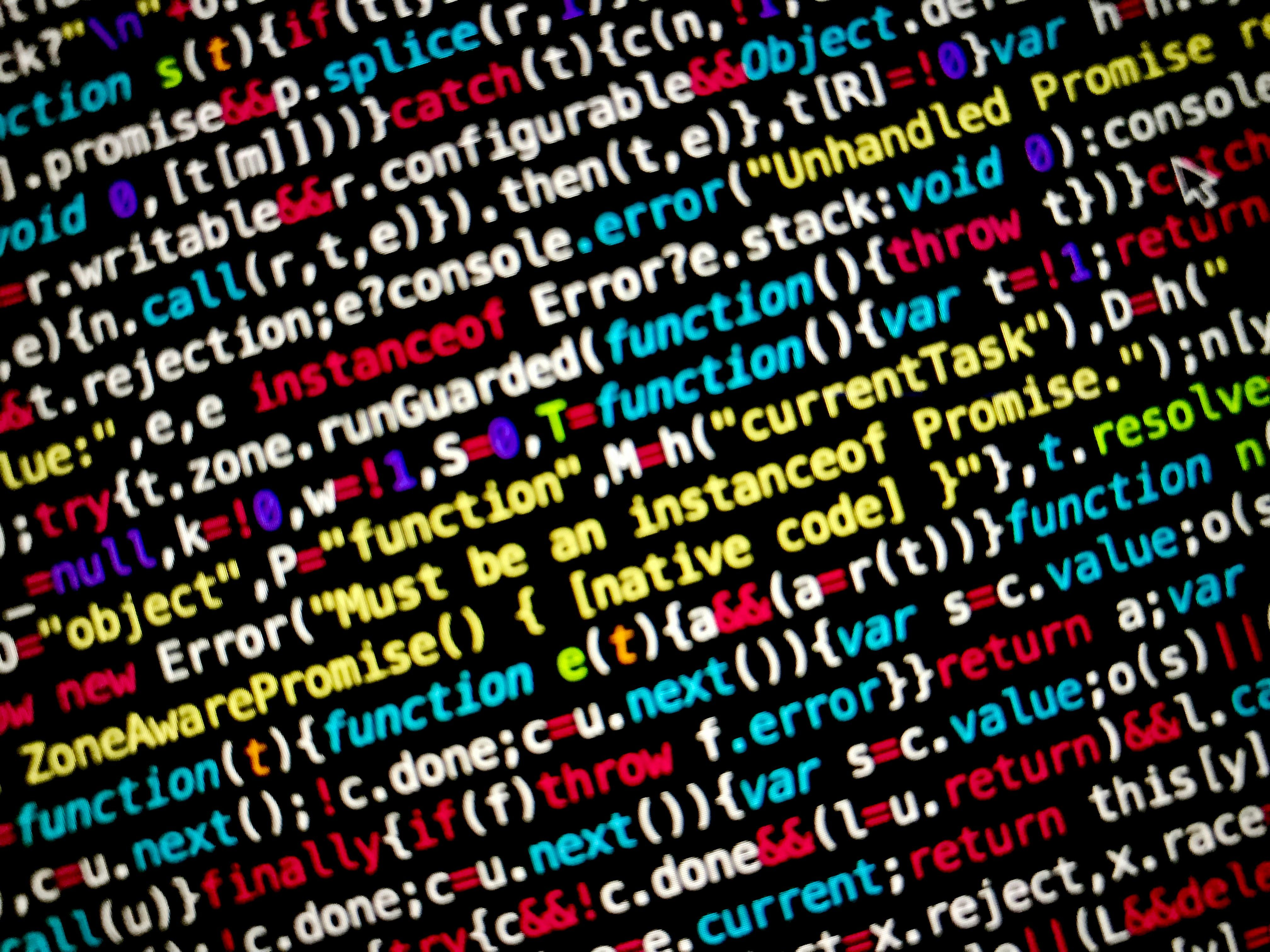CIA produces video content intended for informants, sparking criticism from China
China Slams US for 'Naked Political Provocation' Over CIA Videos
In a fiery response, China recently warned that it would take necessary steps to counter the infiltration and sabotage activities of foreign anti-China forces, specifically targeting videos released by the US Central Intelligence Agency (CIA).
At a press conference, a Chinese foreign ministry spokesperson condemned the videos, calling them a serious violation of China's national interests and a despicable political stunt.
"The Americans are not only slandering and defaming China, but they're also deceiving and luring Chinese personnel to switch sides, even targeting government officials," spokesperson Lin Jian said.
Last week, the CIA released two Chinese-language videos intended to persuade Chinese government officials to leak sensitive information to the US. This move followed the CIA's October initiative to recruit new informants in China, Iran, and North Korea through online posts offering secure methods of communication.
The CIA seems optimistic about the videos' success in bypassing China's internet restrictions, known as the 'Great Firewall.' A CIA source, speaking on the condition of anonymity, told Reuters that if the videos weren't working, they wouldn't continue producing them. Clearly, the United States considers China its foremost intelligence priority amid a fierce global competition between the two powers.
The two short videos, posted on the CIA's social media accounts, depict fictional scenarios where senior Chinese Communist Party officials and lower-level employees express discontent with China's system and approach the CIA. The videos seem to tap into potential discontent within the Chinese government's upper echelons, given the recent purges of high-ranking officials and military leaders, some thought to be close allies of President Xi Jinping.
CIA Director John Ratcliffe declared that no adversary has ever posed a more formidable challenge to the US than the Chinese Communist Party (CCP). "It seeks to dominate the world economically, militarily, and technologically," he said in a statement, emphasizing the urgency for the CIA to counter this threat.
Interestingly, both the US and China have been known to employ extensive propaganda and information campaigns. In the past, the US utilized media outlets like Radio Free Europe and Radio Liberty as part of Cold War-era propaganda efforts, aiming to shape perceptions in targeted regions[4]. Conversely, China employs domestic propaganda, termed xuanchuan, to inform and mold public opinion, as well as more subtle tactics when addressing foreign audiences[1]. In response to such efforts, China tends to be highly sensitive and views them as interference in its internal affairs.
Specific details on China's response to the CIA's videos, however, remain scarce due to their sensitive nature and lack of public disclosure.
- China has expressed displeasure over the CIA's video strategy, viewing it as a blatant political provocation and a threatening move in the ongoing policy-and-legislation and war-and-conflicts arena.
- Chinese officials have declared that the US is enlisting informants, not only luring Chinese personnel but also targeting government officials, a step that Beijing considers a serious breach of its national security and sovereignty.
- With the release of these videos, the CIA seems to be trying to exploit the crime-and-justice sector, aiming to gather sensitive information about China, a move that fuels the tensions between the two nations in their general-news and politics setting.
- It appears that the CIA is confident these videos will bypass China's internet restrictions, a move indicating the significant importance the US places on intelligence gathering in China as part of its competition in global politics.
- In this context of information wars, both countries employ extensive propaganda and information campaigns, with Beijing viewing such efforts as a form of political interference in its internal affairs.








